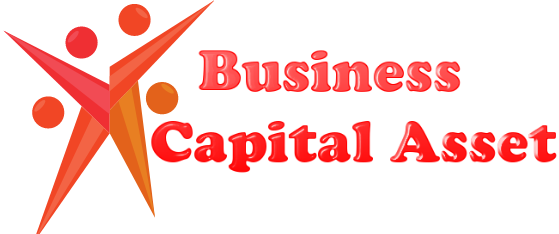
As digital marketing continues to grow, the days of using only traditional advertising methods are long gone. Now, businesses have more options to reach their target audiences than ever before. Primarily, Facebook Ads and Google Ads have become increasingly popular as more businesses adopt digital advertising. Nonetheless, it can be challenging for beginners or small businesses to choose between the two. In this blog post, we will weigh the pros and cons of facebook ads vs google ads to help you choose which is best for your business.
Facebook Ads:
Facebook has become a vital platform for businesses, with over 2.5 billion monthly active users and an average of 22.9 billion ad clicks per year. However, Facebook Ads are not always suitable for all businesses. Let’s dive into some of the pros and cons of Facebook Ads.
Pros:
– Precise audience targeting: Facebook Ads allows you to target specific demographics like age, gender, location, interests, and behaviors. It also supports Lookalike audiences, enabling you to reach audiences that resemble your existing customers.
– Cost-efficient: Compared with traditional advertising, Facebook Ads are relatively affordable. There is no minimum spend, and you can start with as low as $5 per day.
– Mobile optimization: More than half of Facebook users access the platform from their mobile devices, so Facebook Ads are optimized for mobile devices. This means your ads can display seamlessly on mobile devices and won’t look awkward or out of place.
Cons:
– Ad fatigue: Unlike Google Ads, Facebook Ads rely heavily on creativity to make them stand out. However, the risk of ad fatigue is high, meaning users can quickly become oversaturated with ads, leading to decreased engagement, and ultimately, a waste of ad spend.
– High competition: A lot of businesses use Facebook as their go-to advertising platform, so the competition is intense. It can be challenging for small businesses to stand out and reach their audience.
– Lower purchase intent: Facebook Ads are generally considered top-of-the-funnel ads, aimed at creating awareness and interest in your product, not necessarily leading to a purchase.
Google Ads:
Google Ads is another popular advertising platform, focusing primarily on search engine advertising. With millions of searches on Google daily, Google Ads can help businesses reach their target audience at the right time and place.
Pros:
– High purchase intent: Unlike Facebook Ads, Google Ads hits audiences who are already searching for your product or service, indicating a higher purchase intent. This means more conversions and higher ROI.
– Ad customization: Google Ads allows customization of your ad text, images, and even the landing page. This means you can tailor your ad to fit your target audience and specific keywords.
– Relevant audience: With Google Ads, your ad will display only to users searching for similar products or services that you offer. This guarantees a relevant audience.
Cons:
– Costly: Google Ads can be expensive, especially for highly competitive keywords, and the downside of the pay-per-click model means you pay regardless of whether users click or not.
– Learning curve: Google Ads has a steep learning curve, with an array of options such as bidding strategies, ad formats, targeting, and more. This can overwhelm beginners and lead to overspending ad budgets.
– Limited Ad Space: Google Search Ads have limited space for ads. This means not all companies can display their ads for highly competitive keywords.
Both Facebook Ads and Google Ads offer opportunities to reach a broad audience, promote brand awareness, target relevant audiences, and ultimately drive sales. Nonetheless, different businesses have different goals, budgets, and audiences. So, choosing the right platform depends entirely on your business objectives and target market. Consider your target audience, budget, and the pros and cons we’ve highlighted to make a well-informed decision. Whichever platform you choose, ensure proper tracking and analysis of your ad campaigns to monitor ad spend, engagement, and conversions. Good luck!
